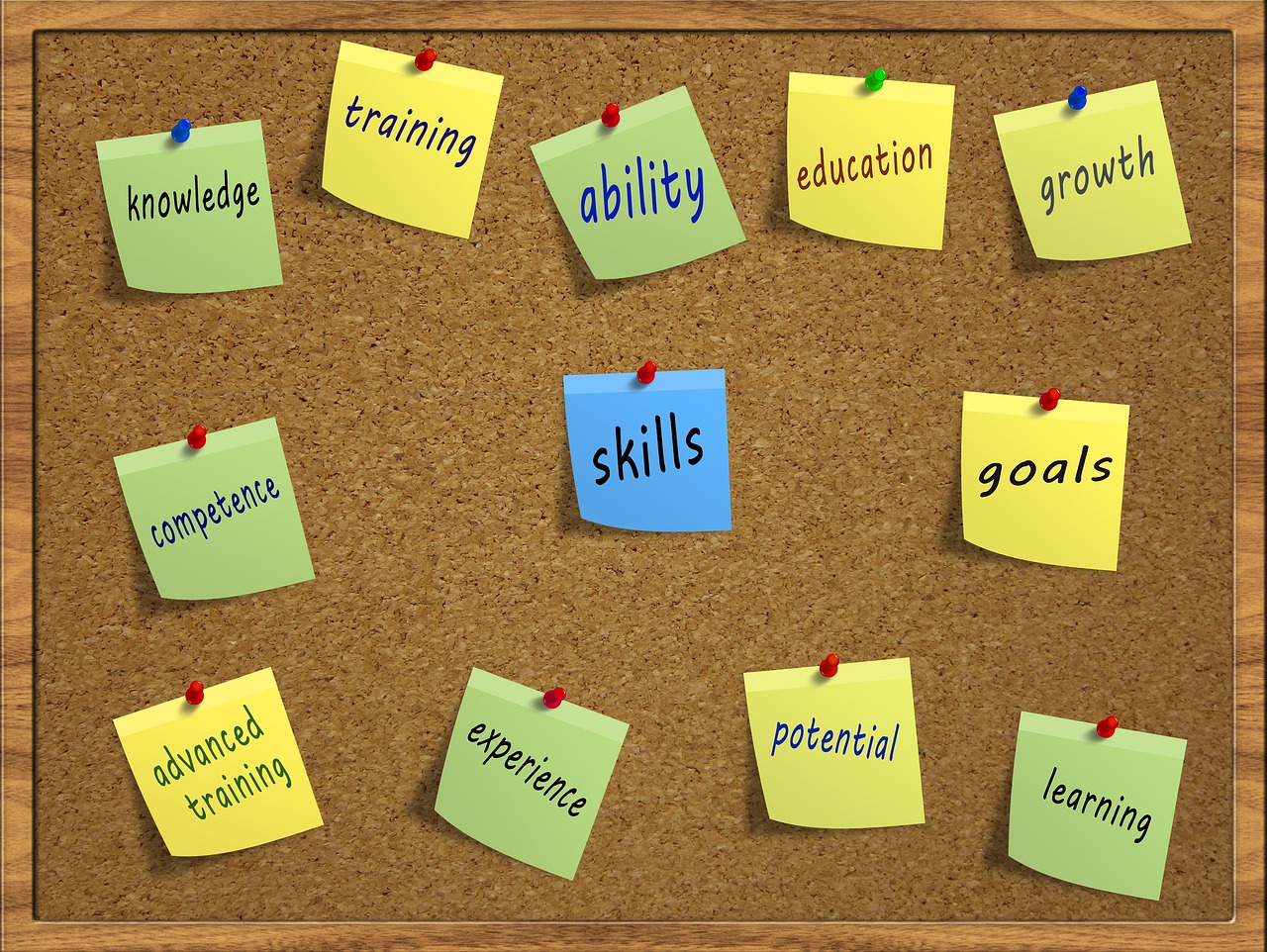In today’s digital age, effective communication has become more important than ever. Whether in a personal or professional context, the ability to convey thoughts clearly can significantly impact relationships and outcomes. This article explores various strategies to enhance communication skills for both verbal and written interactions.
Strategies to Improve Communication Skills
One of the first steps to improving communication is to actively listen. Listening is not just about hearing words; it involves understanding the message being conveyed. Practicing active listening can lead to more meaningful conversations and a better grasp of others’ perspectives. Make an effort to show you are engaged by maintaining eye contact, nodding, and providing feedback.
Another key strategy is to be clear and concise. When expressing ideas, strive for simplicity. Avoid jargon and overly complex sentences that may confuse the audience. Instead, focus on delivering your message in a straightforward manner. This approach not only saves time but also ensures that the audience fully understands your point of view.
Non-verbal communication also plays a vital role in effective interactions. Body language, facial expressions, and tone of voice can all convey emotions and attitudes, sometimes even more than words themselves. Being aware of your non-verbal cues and adjusting them to match your message can enhance the impact of your communication.
Moreover, adapting your communication style to suit different audiences is crucial. Understanding the preferences and expectations of your audience can help tailor your message for greater effectiveness. For instance, a formal presentation requires a different approach compared to a casual conversation with friends.
Finally, practice makes perfect. Regularly engaging in conversations, writing, and participating in discussions can help refine your skills. Consider seeking feedback from trusted peers to identify areas for improvement. This iterative process of learning from experiences will lead to more confident and effective communication over time.
In conclusion, enhancing communication skills involves active listening, clarity in expression, awareness of non-verbal cues, audience adaptation, and consistent practice. By applying these strategies, individuals can foster better relationships and achieve more successful interactions in both personal and professional settings.

